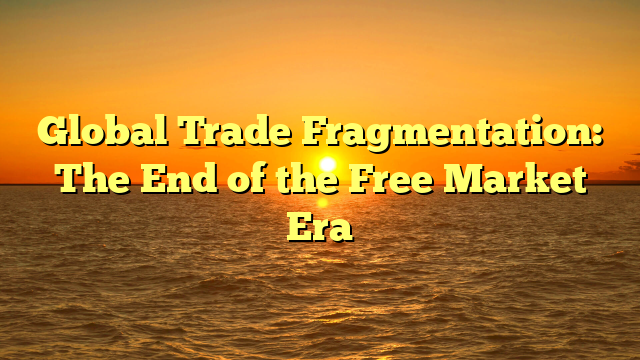For decades, globalization and free trade defined the global economic order. But as geopolitical rivalries intensify and supply chains fracture, that era is rapidly fading. The world economy is entering a new phase — one shaped Naga169 tanpa potongan by regional blocs, security-driven trade policies, and industrial nationalism.
The United States’ Inflation Reduction Act and CHIPS Act have redefined economic competition. Both aim to secure domestic manufacturing and reduce dependency on Chinese supply chains. In response, the European Union launched its own industrial strategy, while Beijing doubled down on self-reliance in semiconductors and green technologies.
The WTO, once the pillar of global trade governance, is struggling for relevance. “We are witnessing the slow disintegration of multilateralism,” said trade economist Richard Baldwin. “Economic security now outweighs efficiency.”
Emerging economies are caught in the middle. India and Vietnam are attracting investment as companies seek to “de-risk” from China, while African nations push for a fairer global trading system through the African Continental Free Trade Area (AfCFTA).
Economists warn that fragmentation could add long-term inflationary pressures and weaken global growth. Yet for many governments, the political calculus favors control over openness.
As protectionism returns under new branding — “resilience,” “friend-shoring,” “strategic autonomy” — the liberal economic order that defined the 1990s may be entering its final chapter.
